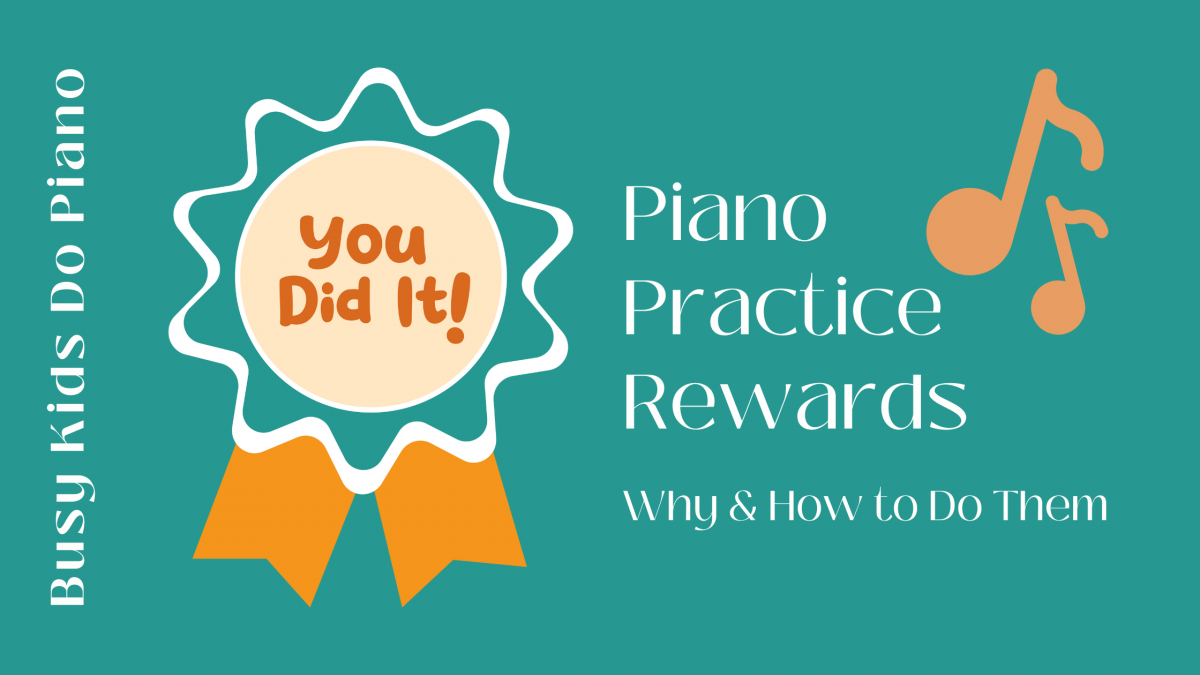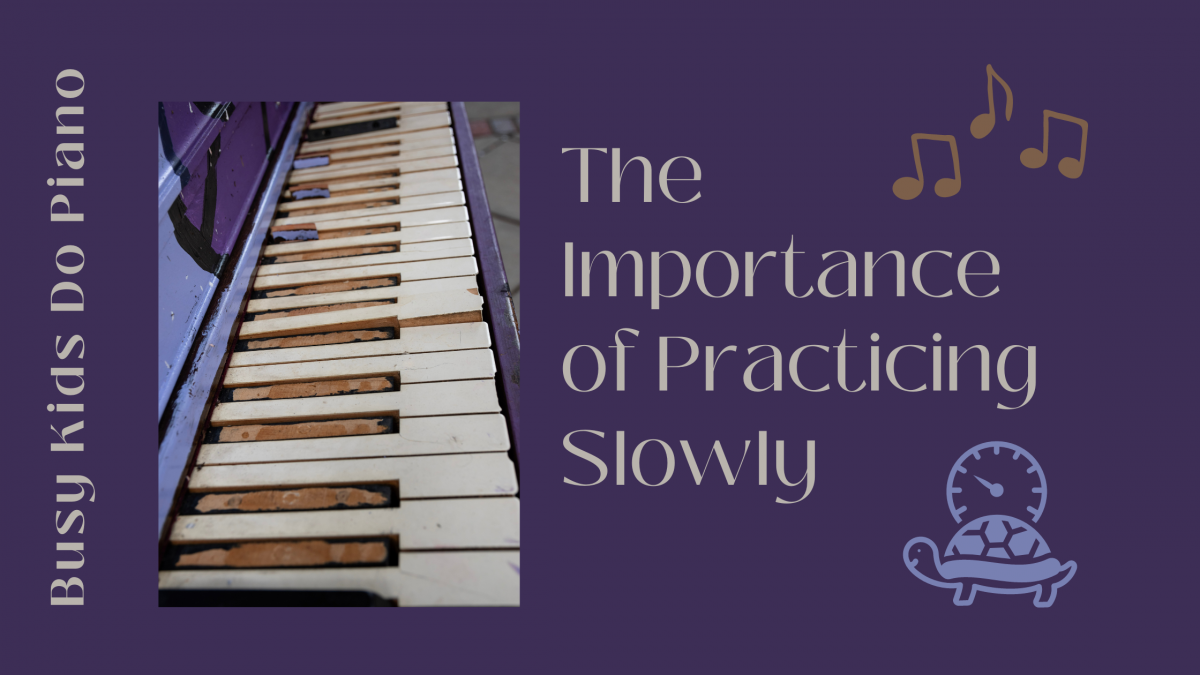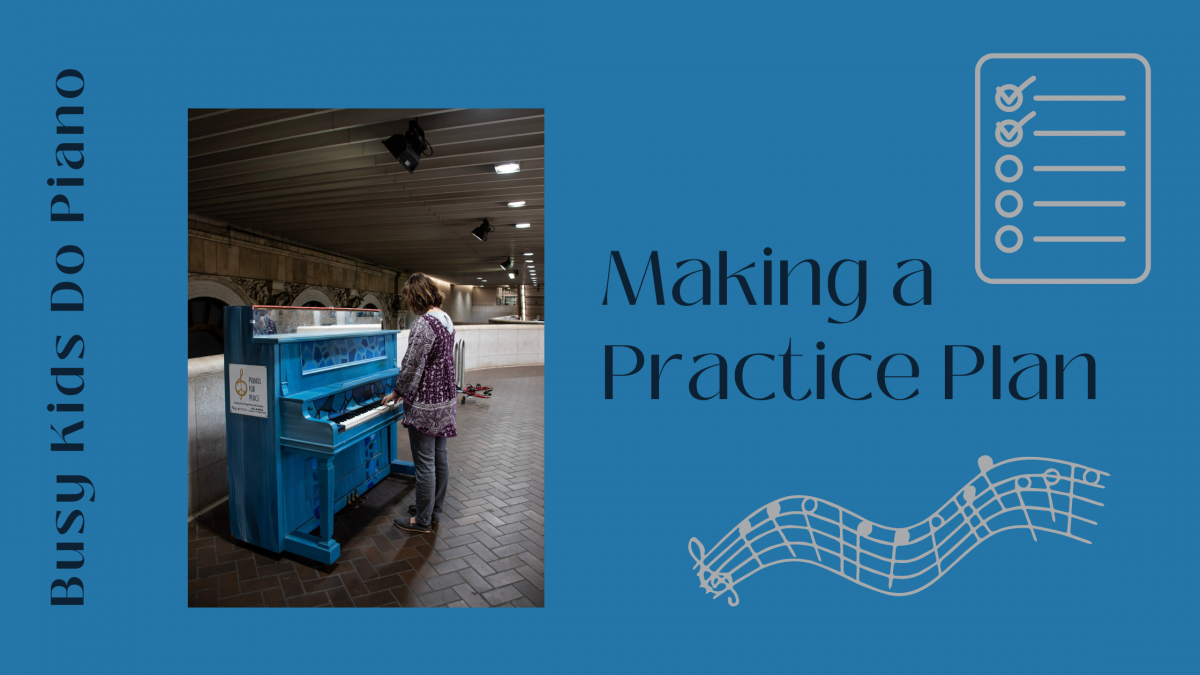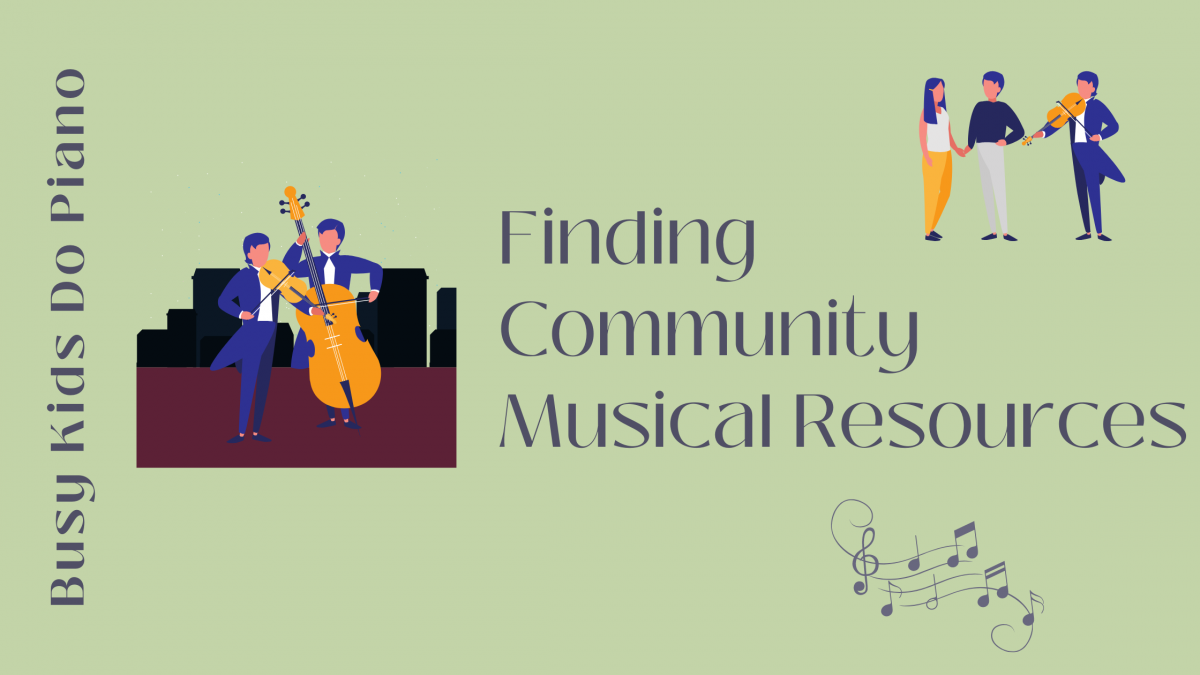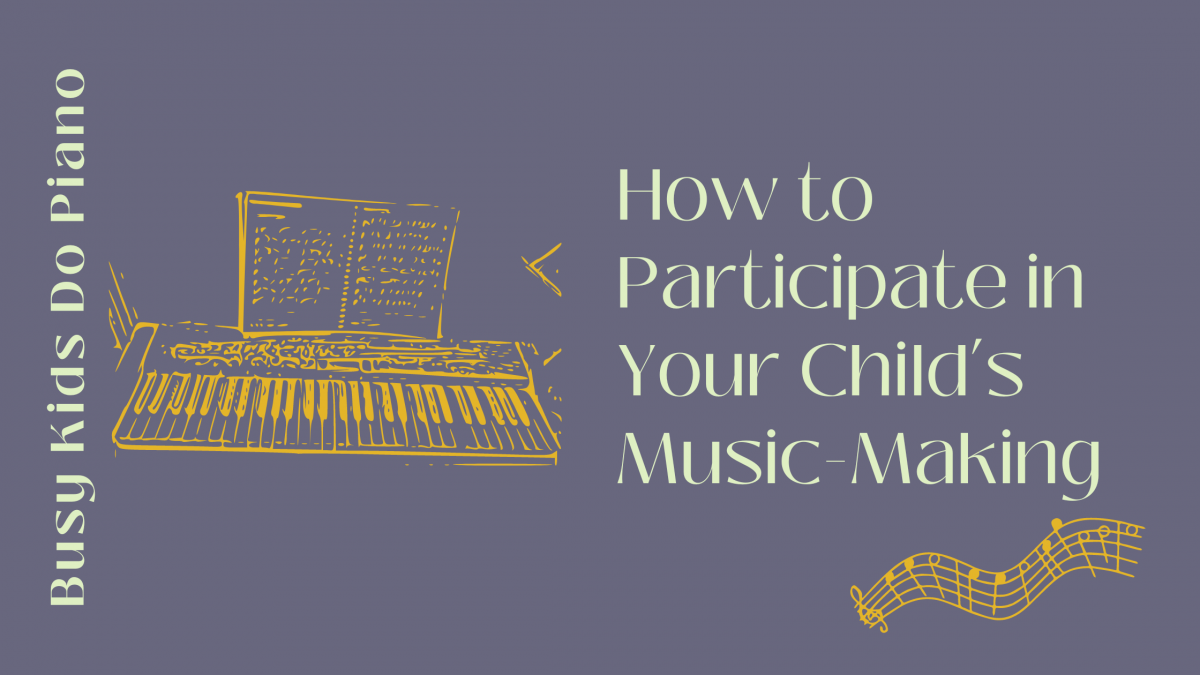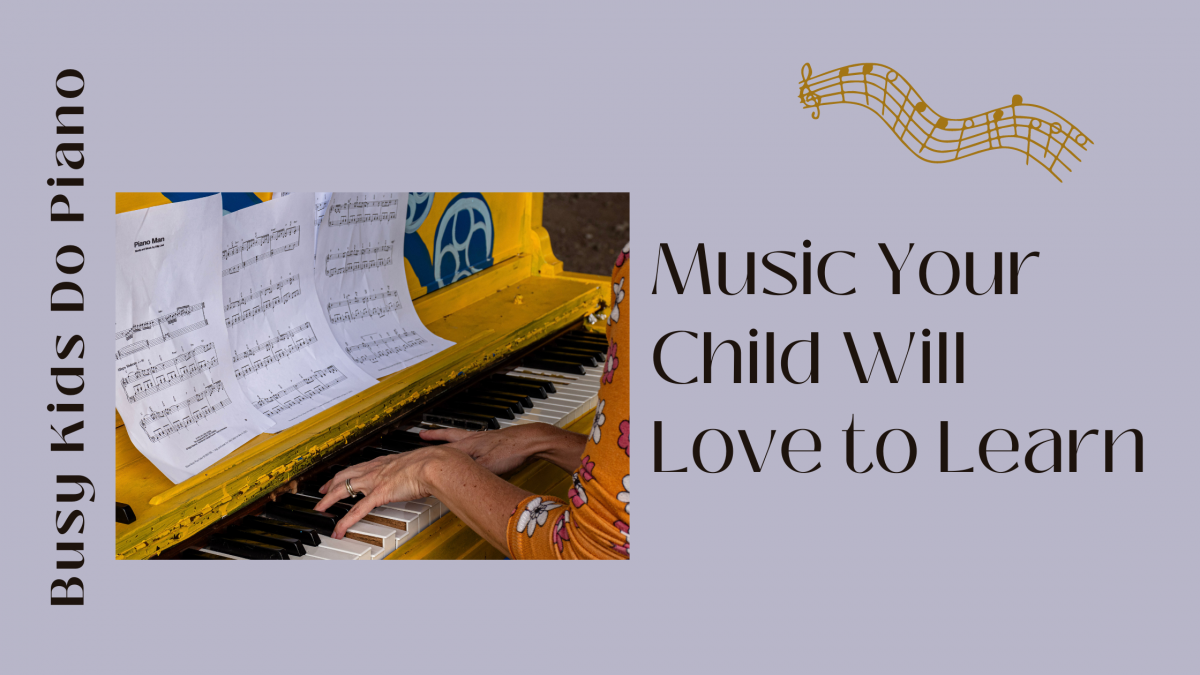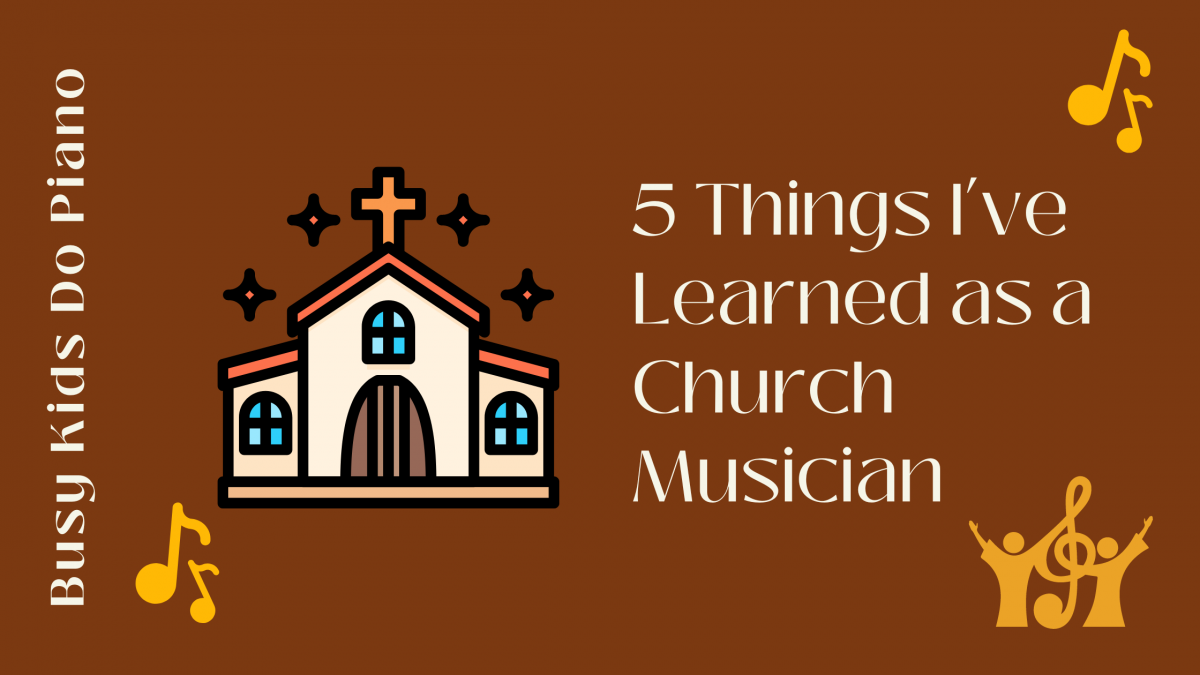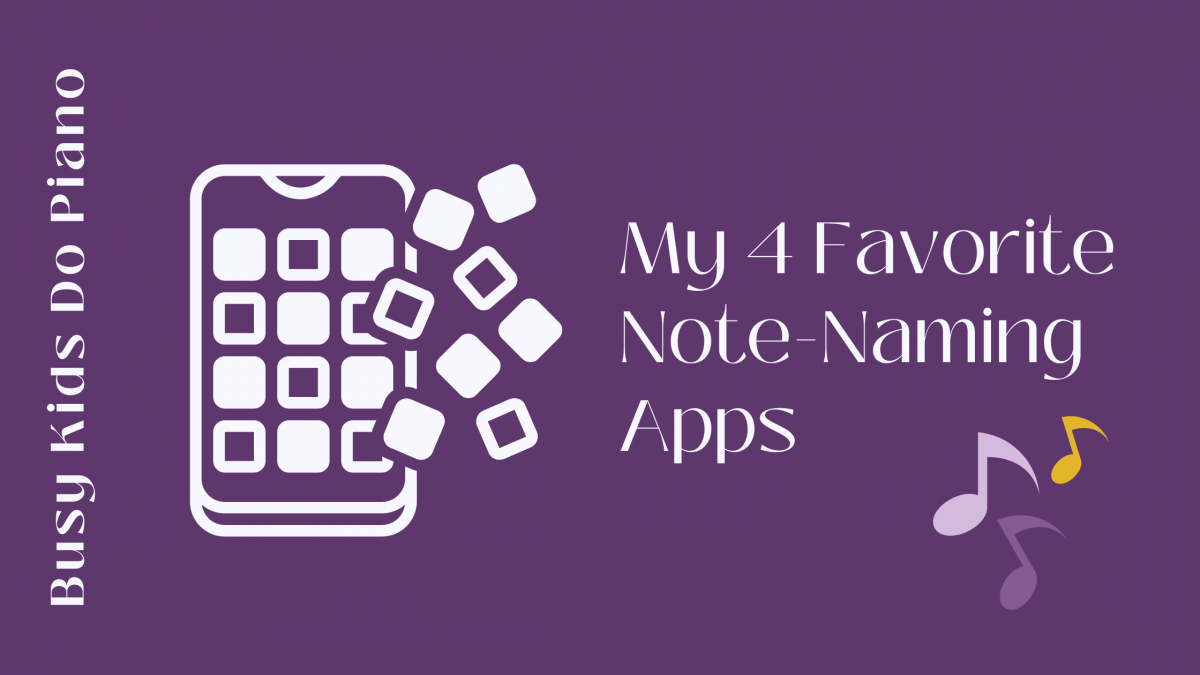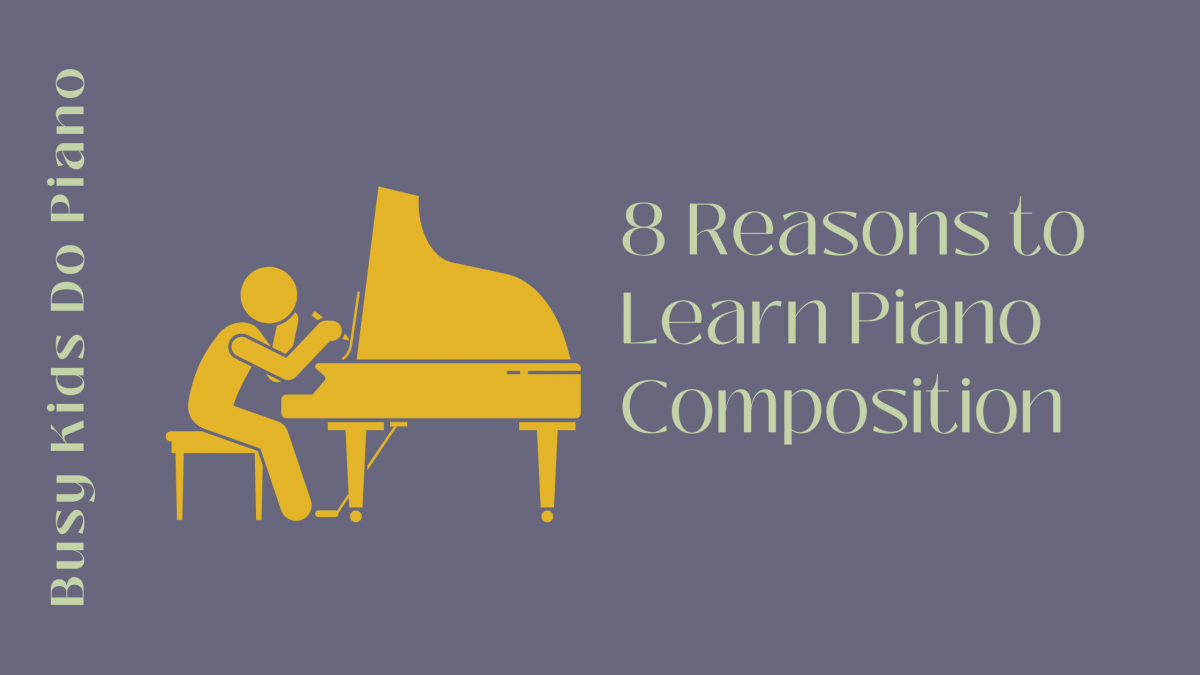If the idea of piano practice rewards causes you to cringe, let me tell you a story.
I once had a piano student who was incredibly bright and had so much potential as a pianist. When she first started lessons with me, she was excited about how easily things were coming to her and practiced ALL THE TIME. As a result, she progressed quickly and was confident in her abilities.
As she progressed, things became more challenging, and she grew frustrated. Rather than working through the frustrations between her lessons with me, she resisted practicing. After a few weeks of having what seemed like an identical piano lesson to the last as we worked through challenges in her music, I called her mom to ask how practicing was going at home. Continue reading “Piano Practice Rewards: Why and How to Do Them”

